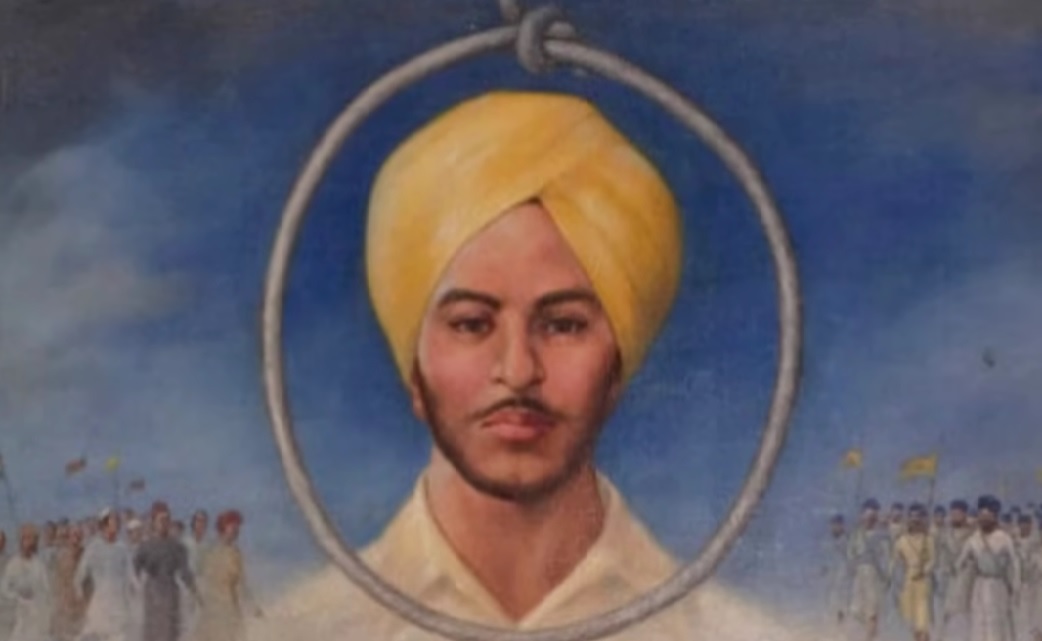Bhagat Singh: The Iconic Revolutionary Martyr
Introduction:
Bhagat Singh, an iconic revolutionary and freedom fighter, left an indelible mark on India’s struggle for independence. His unwavering commitment, sacrifice, and fearless demeanor have made him a symbol of courage and patriotism. This essay explores the life, contributions, and enduring legacy of Bhagat Singh.
Early Life and Influences:
Born on September 28, 1907, in Punjab, Bhagat Singh grew up in a family with a history of patriotic activism. The Jallianwala Bagh massacre and the Non-Cooperation Movement deeply impacted his young mind.
Shift to Militant Activism:
Bhagat Singh’s frustration with non-violent methods led him to embrace militant activism. He believed that armed resistance was necessary to awaken the masses and overthrow British rule.
The Lahore Conspiracy Case:
Bhagat Singh and his associates were involved in the Central Legislative Assembly bombing in 1929 to protest repressive laws. His arrest and subsequent trial brought him into the spotlight.
Protest Against Simon Commission:
In 1928, Bhagat Singh and his associates protested against the Simon Commission, which did not include any Indian members. They displayed black flags and shouted slogans demanding “Simon Go Back.”
Execution of Saunders:
Bhagat Singh’s most infamous act was the killing of James A. Saunders, a police officer involved in the brutal lathi charge on Lala Lajpat Rai. Bhagat Singh and his associates believed Saunders was responsible for Rai’s death.
Assembly Bombing and Arrest:
Bhagat Singh and Batukeshwar Dutt threw non-lethal bombs in the Central Legislative Assembly to protest repressive laws. They intended to court arrest and make a statement about their cause.
Trial and Martyrdom:
Bhagat Singh, Rajguru, and Sukhdev were tried for the Assembly bombing and sentenced to death. Despite numerous protests and appeals, they were executed on March 23, 1931.
Legacy and Ideals:
Bhagat Singh’s sacrifice ignited a wave of nationalism and resistance against British rule. His ideals of socialism, secularism, and an egalitarian society continue to inspire the youth.
The Relevance Today:
Bhagat Singh’s ideology is relevant in modern times, as India grapples with issues of social justice, communal harmony, and economic inequality.
Icon of Fearlessness:
Bhagat Singh’s fearless demeanor and determination to face death for the country’s freedom have left an indelible mark on the nation’s psyche.
Remembering the Legend:
Bhagat Singh’s birth anniversary, September 28, is celebrated as Bhagat Singh Jayanti across the country. He is remembered as a symbol of courage, sacrifice, and unwavering commitment to the nation’s welfare.
Conclusion:
Bhagat Singh’s life exemplified his unyielding dedication to India’s independence. His sacrifice, along with that of his comrades, serves as a constant reminder that true freedom demands courage, conviction, and a willingness to challenge oppressive forces. Bhagat Singh’s legacy continues to inspire individuals to stand up for justice, equality, and the betterment of society.

